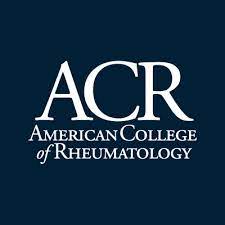Article
New Guideline on Vaccination Recommendations for Patients with Rheumatic and Musculoskeletal Disease
Author(s):
The new treatment guideline addressed the possibility of differing safety and effectiveness outcomes among patients with rheumatic and musculoskeletal disease regarding vaccination compared with the general population.

Today, the American College of Rheumatology (ACR) summarized its recommendations on the expanding indications for certain vaccines in patients on immunosuppressants, medication management at the time of vaccination, and safe approaches to the use of live attenuated vaccines for those on immunosuppressive medications.
The new treatment guideline addressed the possibility of differing safety and effectiveness outcomes among patients with rheumatic and musculoskeletal disease regarding vaccination compared with the general population.
“Patients worry about the safety of vaccines and the potential for inducing a disease flare. Providers are concerned whether rheumatic diseases and the medications used to treat them could blunt the effectiveness of vaccines,” Anne R. Bass, MD, Professor of Clinical Medicine, Hospital for Special Surgery and Weill Cornell Medicine, said in a statement.
The guideline recommended that pneumococcal vaccination needs to be administered to all RMD patients taking immunosuppressive medications. Seasonal influenza vaccination should be administered to these patients even if their disease is active, they are taking high-dose glucocorticoids, and/or they are on rituximab.
For patients taking methotrexate, it should be held for 2 weeks after influenza vaccination if disease activity allows. Vaccines, other than influenza, should be administered at least 6 months after the last rituximab dose.
“They also want to know whether certain vaccines should be given to protect rheumatology patients who are outside the age range for which they are typically recommended," Bass continued. "This guideline was designed to address these issues.”




